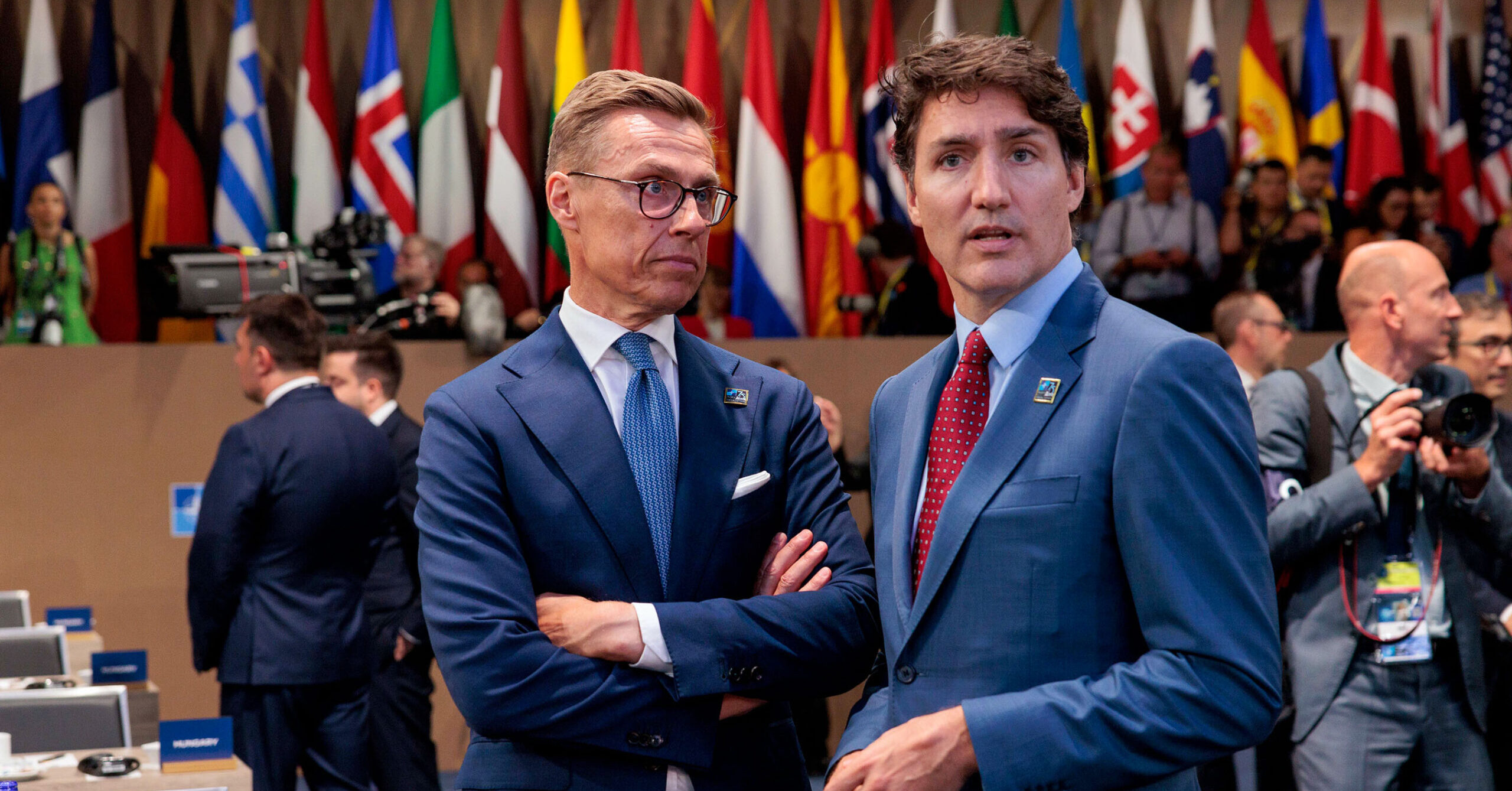It was predictable, given the growing anger against him: Justin Trudeau announced his resignation as leader of the Liberal Party and Prime Minister this morning. However, he intends to wait until his party has “chosen its next leader through a strong, national and competitive process”, he says.
“I have advised the Governor General to call a new session of Parliament,” he added in a press conference. “She has acceded to this request and Parliament will be prorogued until March 24.”
Prorogation is different from an adjournment. For example, for the holiday season, parliament was adjourned, i.e. put on pause. Work should therefore have resumed this month where it left off in December. However, in this case, a new meeting of elected representatives is involved. This means that all bills that have not been passed will be dropped and will have to be reintroduced. It's like pressing the reset button.
The Governor General has therefore postponed the MPs' return to parliament to give the party of the Trudeaus the opportunity to choose a new leader. This power is vested in the Governor General as representative of the King of England and is enshrined in the Canadian constitution. It requires no democratic process.

Liberals attempt to avoid shipwreck
“I don't think Trudeau's resignation will change much for his party or the opposition,” explains Alexis Lafleur-Paiement, a PhD candidate in political philosophy and lecturer at the Université de Montréal. He specializes in political theory, government and social conflict.
“On the one hand, the Liberal Party and the NDP remain extremely unpopular. On the other hand, the Conservative Party is virtually certain to form the next government, with a strong majority.” He adds that a new leader could help the Liberals a little, but not allow them to catch up with the Conservatives in the short term.
Indeed, the latest projections from Canada338 place the Liberal Party third in the number of elected MPs. If an election were held today, the political analysis site predicts that the Bloc Québécois would be the official opposition in the Canadian parliament with 45 seats, ahead of the Liberals at 35. The Conservatives would have 236.
“Justin Trudeau's resignation doesn't change much for Canadians in the short term,” comments Lafleur-Paiement. “On the other hand, this resignation almost certainly heralds a federal election in the spring of 2025, and barring a miraculous turn of events, it will bring in a majority Conservative government.”
He concludes: “In these circumstances, workers must be prepared to fight for their rights in the coming years. Conservative Party leader Pierre Poilievre has made it clear that he intends to favor big industry, cut taxes for the rich, slash public services and break unions. We can expect open conflict between the next Conservative government and the bosses, on the one hand, and workers, on the other.”


